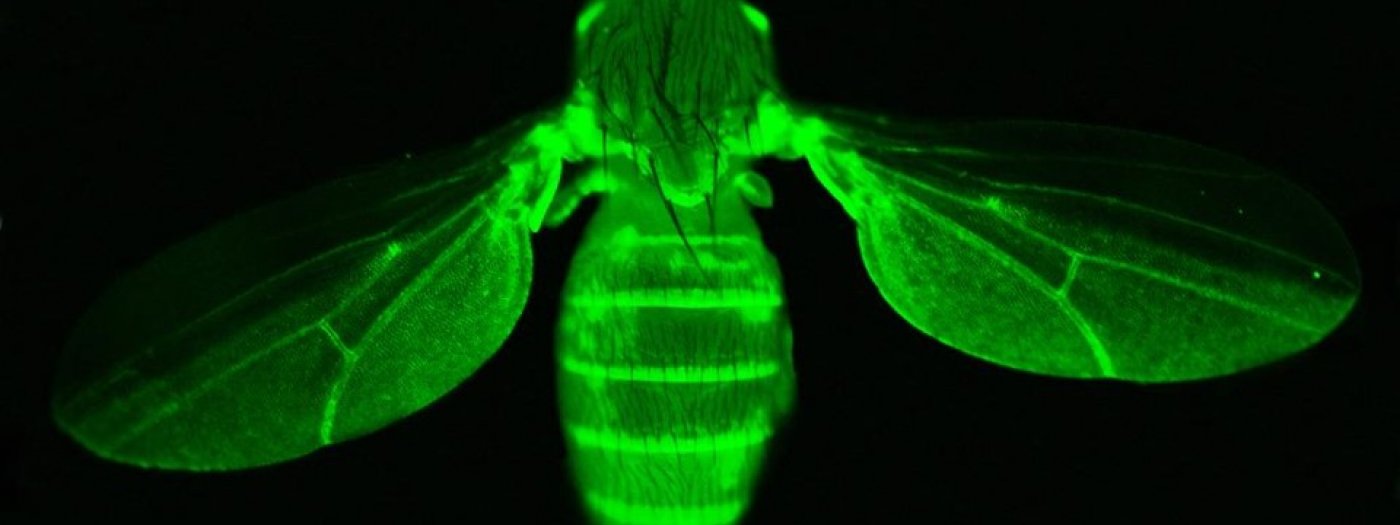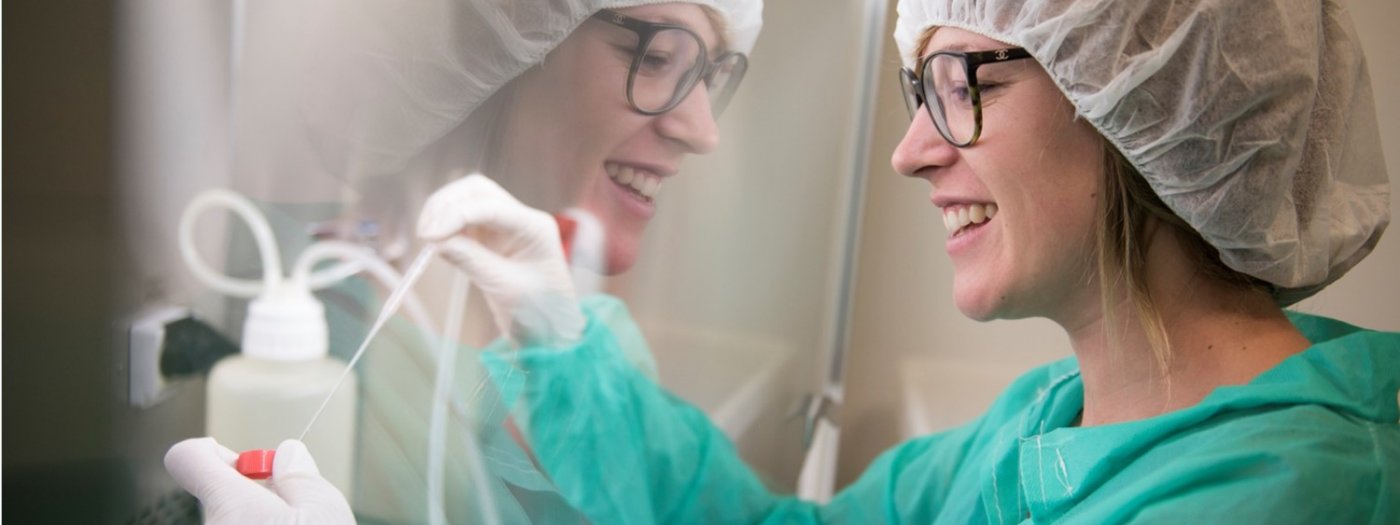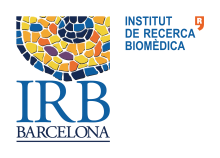Unravelling tumorigenesis and its pathways with Drosophila as a model organism
During this project, we aim to mimic the long process that starts with basic research all the way to the clinical application of the knowledge gained. We can divide the project into three main steps. First, we will learn about many different genetic tools researchers can use to study the putative genes involved in tumor formation. Second, we will hypothesize, based on the published literature, on the genes and processes implicated in tumorigenesis. Finally, we will propose a working model and search for a way to revert the phenotypes of this disease.
Our starting point will be to learn about the history of the fruit fly in research and understand the particularities of its biology. Nonetheless, this will be a full hands-on experience so we will also explain how to handle the flies, and which are the most important and interesting genetic tools that can be used to manipulate the genome of this model organism.
Students will also be taught how to search for information about cancer, the genes that are involved in this disease, and the main pathways responsible for the tumorigenesis process. From this, they will discover which databases they should use to find the best scientific publications and also repositories that store information about Drosophila melanogaster.
We will also take advantage of established Drosophila melanogaster transgenic flies that express disease-related genes. Using a well-established genetic tool, we will be able to express these genes in specific populations in order to study their effects. To examine the phenotypes shown by the diseased flies and to compare them with that of healthy flies, we will use various techniques such as immunostaining. In order to visualize our immunostainings, we will also go over the basics of confocal microscopy and we will use cutting-edge confocal microscopes. As the last step, students will analyze all the data obtained and perform statistical analysis in order to draw conclusions and acquire new critical thinking and problem-solving skills. They will formulate hypothesizes and think about strategies to decrease or abolish disease related phenotypes, as they do so, they will learn how to perform rescue experiments in order to test their proposed questions. The conclusions obtained from this kind of basic research studies are the first stone of the common ground for later application to humans, to the ultimate benefit of society.
- Stimulate critical and structured thinking and problem solving abilities
- Learn how to plan experiments and generate hypothesis
- Learn how to work with a model organism (Drosophila flies) to address different issues in biology: classical genetics, generation and use of mutant and transgenic flies
- Understand the processes that lead to tumorigenesis
- Extrapolate the obtain results in a model organism to what happens in a human context
- Be in contact with real techniques performed in labs nowadays (dissections in vivo, immunostainings, advanced microscopy, image processing, statistics, mutant CRISPR generation, genomic PCR and sequencing...)
- Undestand the work behind research: idealization of the project, posing questions and hypothesis, analysis of data and crafting a presentation (storytelling)
- Learn how to work in a group
Labcoat and laptop







